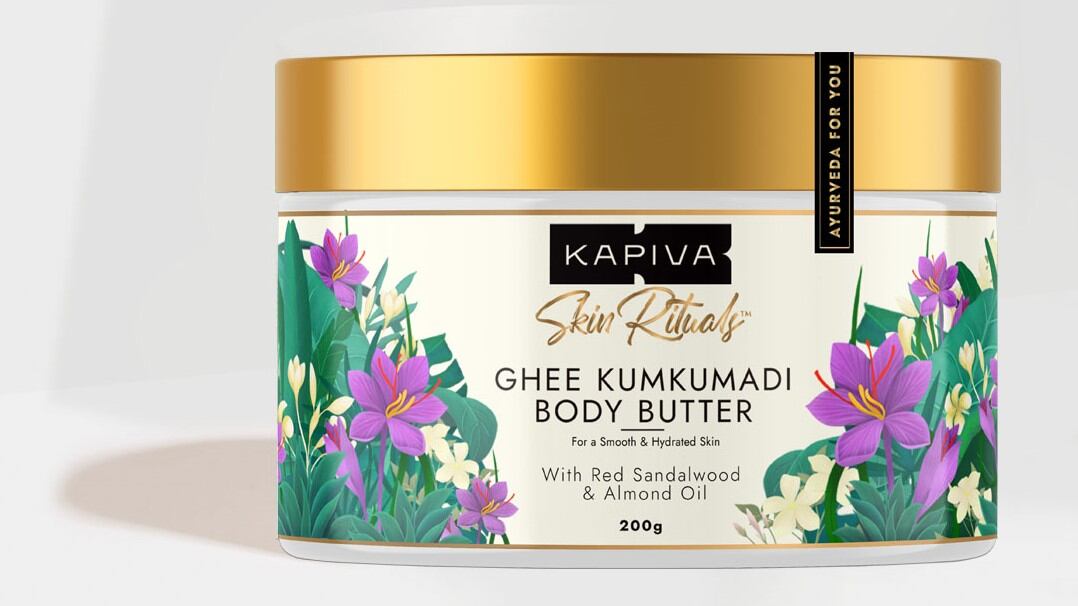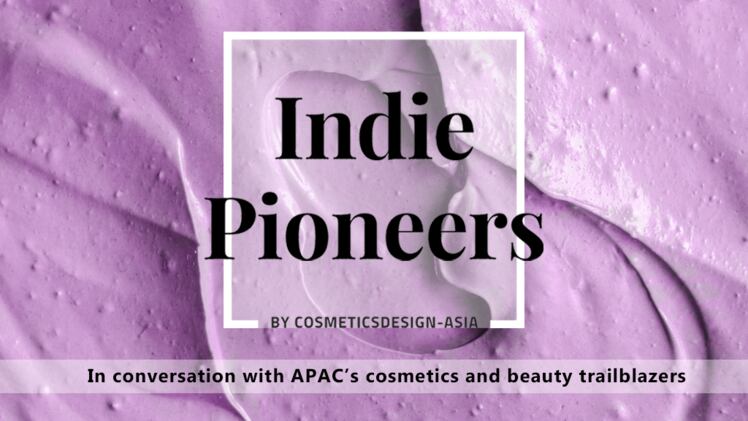Aussie researchers to study if high-factor sunscreen leads to vit D drop
A world-first large-scale trial in Australia will assess if wearing high-factor sunscreen prevents healthy vitamin D production.
The Sun-D trial is being spearheaded by researchers at The QIMR Berghofer Medical Research Institute in Brisbane.
Half of the participants will be given SPF50+ sunscreen to apply every day, while the other half will continue with their usual sun protection behaviour.
Allozymes claims proprietary tech increases actives yields, boosts sustainability
Biotechnology start-up Allozymes’s claims its proprietary tech gives the cosmetic industry a way to produce natural active ingredients in an environmentally responsible manner, while also reducing cost, time and resources.
Allozyme’s technology allows the company to study and sieve out the right enzymes by using tiny water droplets as vessels so it can move through the hardware.
Combined with its proprietary software, the company is able to screen and sift through the enzymes and find what it is looking for – screening 10 million enzyme variants a day.
Understanding how blue light affects skin health ‘hampered by research methods’ – J&J study
The understanding of how blue light affects skin health is being hampered by lack of standardised research methods, according to a new review funded by Johnson & Johnson in Singapore.
While the scientific understanding of the effects of blue light on the skin has improved in recent decades, it was far from optimal.
“Several factors continue to limit the progress in this field, including variations in the definition of blue light itself,” they wrote.
China is pioneering online courses to raise awareness and improve skin health
Free online courses could help reduce the incidence of cosmetics-associated dermatoses and increase skin care knowledge among Chinese consumers, say researchers behind a programme attended by 540,000 people.
A research team led by the Center of Cosmetics Evaluation in Chengdu said that the incidence of cosmetics-associated dermatoses is on the rise.
Therefore, the offered medical information via a “massive open online course” that was free to access. An online questionnaire was also sent to evaluate the effectiveness of the course.
Mycrocell pushing mushroom mycelium as natural and sustainable ingredient for cosmetics
A Singapore-based food start-up cultivating mushroom mycelium as an alternative protein source believes it can also serve the cosmetics industry as a natural, sustainable, and completely food-safe ingredient.
Mushroom mycelium is the equivalent of a juvenile-stage mushroom. As a cosmetic ingredient, mushroom mycelium taps into several trends in the market, such as the insatiable consumer demand for natural, safe, and effective ingredients.
Furthermore, the upcycled way it is produced fulfils the need for sustainability and circularity.





